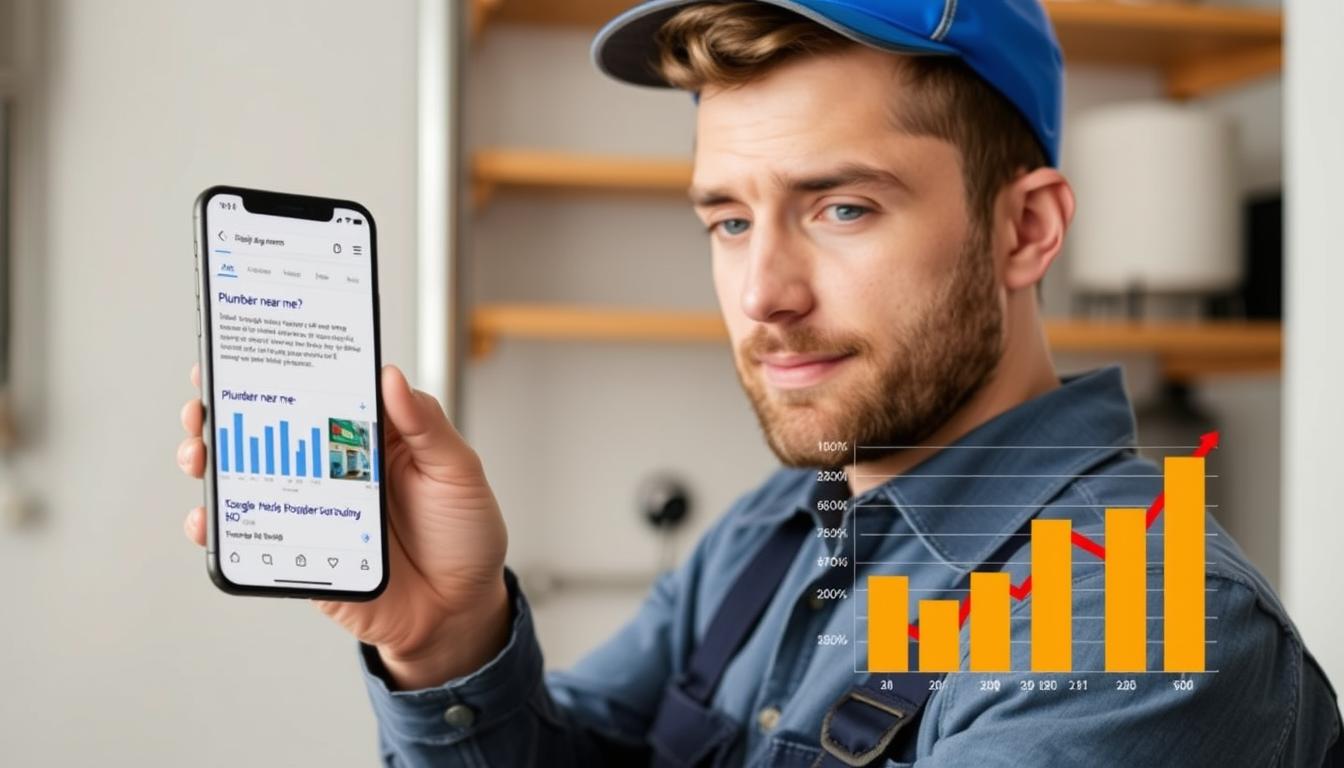When a pipe bursts at 2 AM, homeowners don’t flip through the Yellow Pages—they grab their phones and search “emergency plumber near me.” If your plumbing business isn’t showing up at the top of those search results, you’re missing out on valuable jobs to competitors who’ve mastered their online presence.
The good news? With the right SEO strategy, your plumbing business can climb those rankings, become more visible to local customers, and turn those searches into a steady stream of new business—without breaking the bank on advertising.
Why SEO Matters for Plumbing Businesses
The plumbing industry is more competitive than ever. With over 120,000 plumbing businesses in the United States alone, standing out online isn’t just helpful—it’s essential for survival and growth.
Consider these statistics:
- 97% of consumers search online for local services, including plumbing
- 46% of all Google searches are seeking local information
- 88% of consumers who conduct a local search on their smartphone visit or call a store within 24 hours
- The top 3 Google results capture over 75% of all clicks
For plumbers, this means one thing: if you’re not visible in local search results, you’re essentially invisible to potential customers during their moment of need.
The Real Cost of Poor SEO for Plumbers
Every time someone in your service area searches for plumbing services and doesn’t find your business, that’s a missed opportunity worth hundreds or even thousands of dollars. A single water heater installation or emergency pipe repair can be worth $800-$3,000—and that doesn’t include the lifetime value of a satisfied customer who returns for future services and refers others.
Keyword Research: Finding What Your Customers Are Searching For
Effective SEO for plumbers starts with understanding exactly what your potential customers are typing into search engines. These search terms—or keywords—are the foundation of your entire SEO strategy.
Essential Keyword Categories for Plumbers
Service-Based Keywords
- Drain cleaning services
- Water heater installation
- Pipe repair
- Toilet replacement
- Sewer line repair
Location-Based Keywords
- Plumber in [city name]
- Emergency plumber near me
- 24-hour plumbing service [location]
- Best plumbers in [neighborhood]
- Licensed plumber [city] [state]
Top Tools for Plumbing Keyword Research
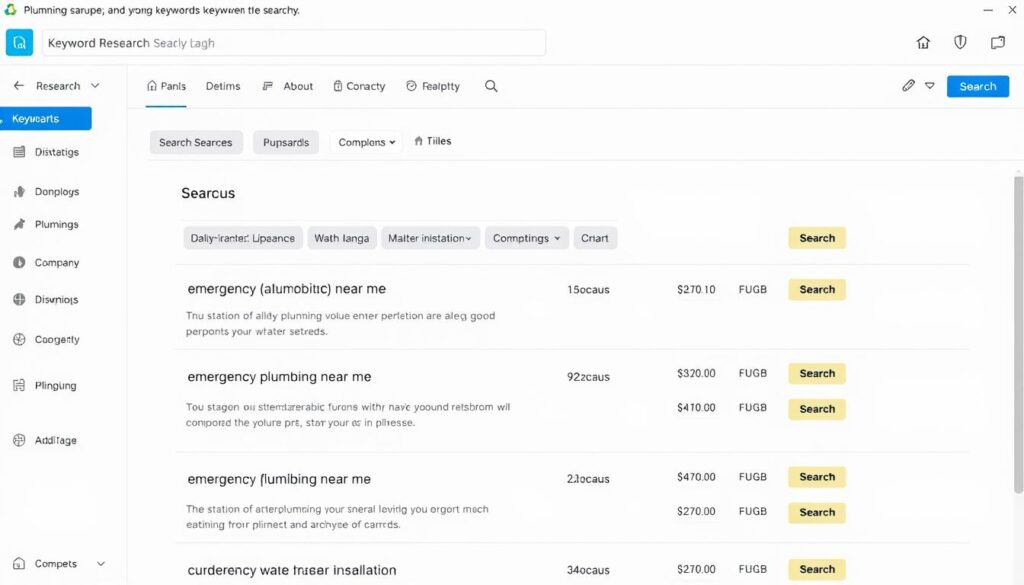
Google Keyword Planner
Free tool that provides search volume data and keyword suggestions based on actual Google searches.
Ubersuggest
Offers limited free searches with keyword ideas, volume data, and difficulty scores to gauge competition.
AnswerThePublic
Visualizes questions people ask about plumbing services, perfect for creating FAQ content.
How to Identify High-Value Plumbing Keywords
Not all keywords are created equal. The best keywords for your plumbing business will have:
- Clear commercial intent – Terms like “hire a plumber” or “emergency pipe repair” indicate someone ready to book a service
- Reasonable search volume – Enough people searching to make it worthwhile
- Manageable competition – Terms you can realistically rank for
- Local relevance – Specific to your service area
“Focus on long-tail keywords that combine your service with your location. Instead of just ‘plumber,’ target ‘licensed bathroom plumber in [your city].’ These terms have less competition and higher conversion rates.”
On-Page SEO: Optimizing Your Plumbing Website
Once you’ve identified your target keywords, it’s time to optimize your website to rank for them. On-page SEO refers to all the elements on your website that you can control to improve your search rankings.
Optimizing Service Pages for Plumbers
Your service pages are the workhorses of your plumbing website. Each major service you offer should have its own dedicated page optimized for relevant keywords.
| Page Element | Optimization Tips | Example |
| Title Tag | Include primary keyword + location + business name (50-60 characters) | “Emergency Pipe Repair in [City] | [Your Plumbing Company]” |
| Meta Description | Compelling summary with keyword + call-to-action (150-160 characters) | “24/7 emergency pipe repair in [City]. Licensed plumbers, fast response, fair pricing. Call now for immediate assistance!” |
| Heading Tags | Use H1 for main title, H2 for sections, H3 for subsections | H1: “Emergency Pipe Repair Services in [City]” H2: “Common Causes of Pipe Bursts” |
| Content | Comprehensive, helpful information (800+ words) with natural keyword usage | Detailed explanation of your pipe repair process, materials used, guarantees, etc. |
| Images | Compressed images with descriptive filenames and alt text | Filename: “pipe-repair-[city].jpg” Alt text: “Plumber repairing burst pipe in [City]” |
| Internal Links | Link to related services and supporting content | Link “water damage restoration” to that service page |
Essential Service Pages for Plumbers
At minimum, your plumbing website should include these optimized service pages:
- Emergency Plumbing Services
- Drain Cleaning
- Water Heater Services (Installation/Repair)
- Pipe Repair/Replacement
- Bathroom Plumbing
- Kitchen Plumbing
- Sewer Line Services
- Commercial Plumbing (if applicable)
HTML Code Snippet for Schema Markup
Adding schema markup to your website helps search engines understand your business information. Here’s a sample code snippet for plumbing services:
<script type="application/ld+json">
{
"@context": "https://schema.org",
"@type": "PlumbingService",
"name": "Your Plumbing Company",
"image": "https://www.yourplumbingcompany.com/images/logo.jpg",
"telephone": "+1-555-123-4567",
"address": {
"@type": "PostalAddress",
"streetAddress": "123 Main Street",
"addressLocality": "Your City",
"addressRegion": "Your State",
"postalCode": "12345",
"addressCountry": "US"
},
"geo": {
"@type": "GeoCoordinates",
"latitude": 40.7128,
"longitude": -74.0060
},
"openingHoursSpecification": {
"@type": "OpeningHoursSpecification",
"dayOfWeek": [
"Monday",
"Tuesday",
"Wednesday",
"Thursday",
"Friday"
],
"opens": "08:00",
"closes": "18:00"
},
"priceRange": "$$"
}
</script>Local SEO: The Key to Dominating Your Service Area
For plumbers, local SEO is absolutely critical. When someone searches for “plumber near me” or “emergency plumber in [city],” you want your business to appear at the top of those results.
Claiming and Optimizing Your Google Business Profile
Your Google Business Profile (formerly Google My Business) is the cornerstone of your local SEO strategy. It powers your visibility in Google Maps and the local “Map Pack” that appears at the top of local search results.
Essential GBP Optimization Steps:
- Claim your profile at business.google.com
- Verify your business (usually via postcard or phone)
- Complete EVERY section of your profile
- Choose primary and secondary business categories
- Add your service area and list of services
- Upload high-quality photos of your work, team, and vehicles
- Create Google Posts regularly with offers and updates
- Respond to all reviews (positive and negative)
NAP Consistency: Why It Matters
NAP stands for Name, Address, and Phone Number. Ensuring this information is identical across your website, Google Business Profile, and all online directories is crucial for local SEO success.
Even small differences like “Street” vs. “St.” can confuse search engines and hurt your rankings.
Building Local Citations
Citations are mentions of your business name, address, and phone number on other websites. They help establish your business’s legitimacy and improve local search rankings.
Top Citation Sources for Plumbers:
General Directories
- Yelp
- Yellow Pages
- Better Business Bureau
- Angie’s List
- Thumbtack
Industry-Specific
- HomeAdvisor
- Houzz
- Porch
- Plumber.com
- Networx
Local Citations
- Chamber of Commerce
- Local news sites
- Community blogs
- Neighborhood apps
- Local business associations
Review Management Strategy
Reviews are a critical factor in both search rankings and customer decision-making. Plumbing businesses with more positive reviews tend to rank higher and convert more customers.
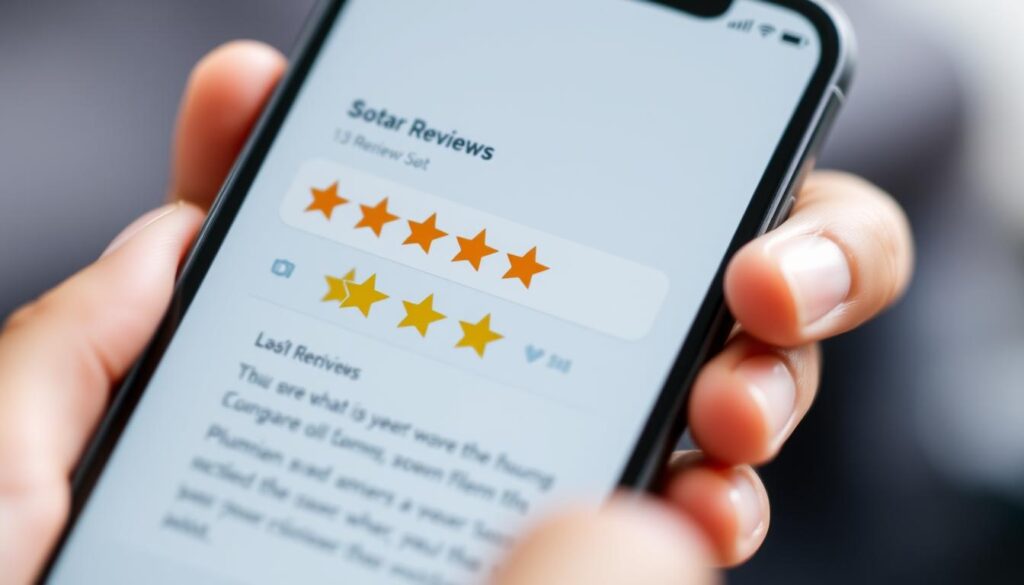
How to Generate More Positive Reviews:
- Ask at the right time – When the customer is clearly satisfied with your work
- Make it easy – Send a direct link to your Google review page via text or email
- Create a review card – Leave behind a card with QR code linking to your review profiles
- Follow up – Send a thank you email after service with a review request
- Respond to all reviews – Show that you value customer feedback
Technical SEO: Building a Strong Foundation
Technical SEO ensures that search engines can easily crawl, understand, and index your website. For plumbers, having a technically sound website is essential for ranking well in search results.
Website Speed Optimization
Site speed is a critical ranking factor and directly impacts user experience. Slow-loading websites frustrate potential customers and lead to higher bounce rates.
Speed Optimization Checklist for Plumbers:
- Image compression – Optimize all photos of your plumbing work and team
- Caching – Enable browser caching to store website elements
- Minimize code – Remove unnecessary CSS, JavaScript, and HTML
- Reduce redirects – Eliminate unnecessary redirects that slow down page loading
- Use a CDN – Content Delivery Networks improve loading times
- Optimize for mobile – Ensure fast loading on smartphones
Free Tool: Google PageSpeed Insights
Test your plumbing website’s speed and get specific recommendations for improvement at pagespeed.web.dev
Mobile Optimization
Over 60% of local searches are performed on mobile devices. Your plumbing website must provide an excellent mobile experience to rank well and convert visitors into customers.
Mobile Optimization Essentials:
- Responsive design that adapts to all screen sizes
- Large, easy-to-tap buttons (especially for “Call Now”)
- Readable text without zooming
- No horizontal scrolling required
- Fast loading on mobile networks
- Click-to-call functionality
Schema Markup for Plumbers
Schema markup is a type of structured data that helps search engines understand your content better. For plumbers, implementing the right schema can improve how your business appears in search results.
Essential Schema Types for Plumbers:
- LocalBusiness and PlumbingService – Identifies your business type
- Service – Details about specific plumbing services you offer
- Review – Highlights customer reviews and ratings
- PriceRange – Indicates your general price level
- OpeningHoursSpecification – Shows when you’re available
- GeoCoordinates – Pinpoints your exact location
Free Tool: Schema Markup Generator
Create custom schema markup for your plumbing business at technicalseo.com/tools/schema-markup-generator/
Content Marketing for Plumbers: Building Authority and Trust
Creating helpful, informative content establishes your plumbing business as an authority and helps you rank for a wider range of keywords. It also builds trust with potential customers before they even call you.
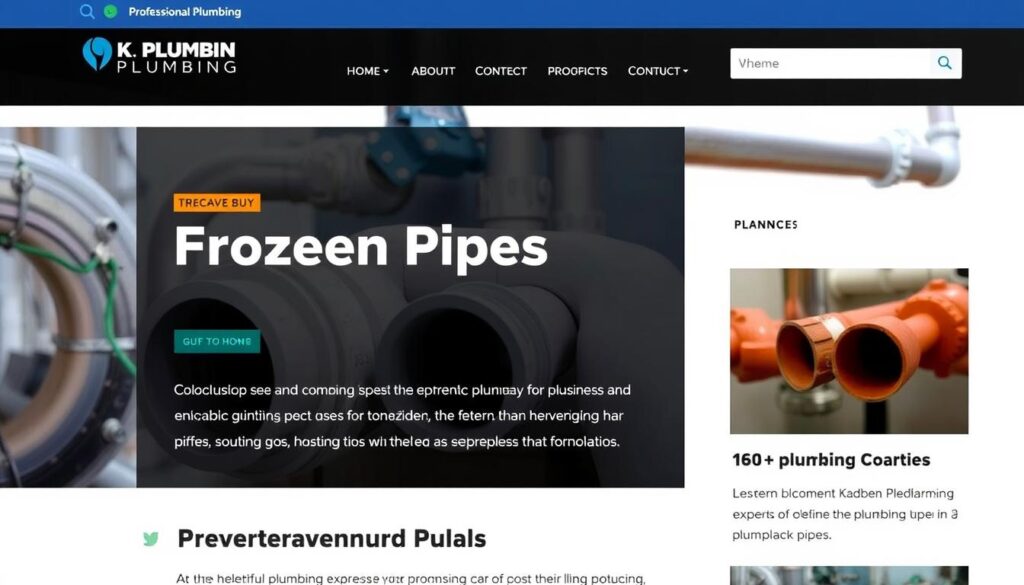
Blog Topics That Generate Leads for Plumbers
DIY & Maintenance
- How to Prevent Frozen Pipes This Winter
- 5 Signs Your Water Heater Needs Replacement
- DIY Drain Cleaning: What Works and What Doesn’t
- How to Shut Off Your Water in an Emergency
- Monthly Plumbing Maintenance Checklist
Buying Guides
- Tankless vs. Traditional Water Heaters: Pros and Cons
- Choosing the Right Toilet for Your Bathroom
- PEX vs. Copper Pipes: Which is Better for Your Home?
- Smart Plumbing Fixtures: Are They Worth It?
- Water Filtration Systems: A Comparison Guide
Local Content
- Common Plumbing Issues in [City] Homes
- Water Quality in [City]: What You Need to Know
- Local Plumbing Codes: What [City] Homeowners Should Know
- How [City’s] Weather Affects Your Plumbing
- Water Conservation Tips for [City] Residents
Content Creation Tips for Busy Plumbers
- Document your work – Take before/after photos of interesting jobs (with client permission)
- Answer FAQs – Turn the questions you answer every day into blog posts
- Create seasonal content – Address issues that arise during different seasons
- Use video – Simple smartphone videos showing common repairs or maintenance tips
- Repurpose content – Turn one blog post into social media posts, an email newsletter, etc.
“The best plumbing content answers the questions your customers are asking before they pick up the phone. This not only helps with SEO but positions you as the expert they want to hire.”
Off-Page SEO: Building Authority Beyond Your Website
Off-page SEO involves activities conducted outside of your website to improve its search rankings. For plumbers, building a strong off-page presence helps establish authority and trustworthiness in your local market.
Link Building Strategies for Plumbers
Backlinks—links from other websites to yours—are a major ranking factor. Quality matters more than quantity; links from relevant, authoritative sites carry more weight.
Effective Link Building Tactics:
Local Partnerships
- Partner with complementary businesses (electricians, HVAC companies, contractors)
- Join local business associations and chambers of commerce
- Sponsor local events, sports teams, or charities
- Participate in community service projects
Content-Based Link Building
- Create shareable resources (guides, infographics, tools)
- Write guest posts for home improvement blogs
- Get featured in local news stories
- Answer questions on HARO (Help A Reporter Out)
Social Media for Plumbers
While social media signals aren’t direct ranking factors, a strong social presence can increase brand awareness, drive traffic to your website, and indirectly support your SEO efforts.
Best Social Platforms for Plumbers:
- Facebook – Great for local business visibility and reviews
- Instagram – Perfect for sharing before/after photos of your work
- YouTube – Ideal for how-to videos and showcasing complex repairs
- NextDoor – Connects you directly with local neighborhoods
- LinkedIn – Valuable for B2B connections (commercial plumbing)
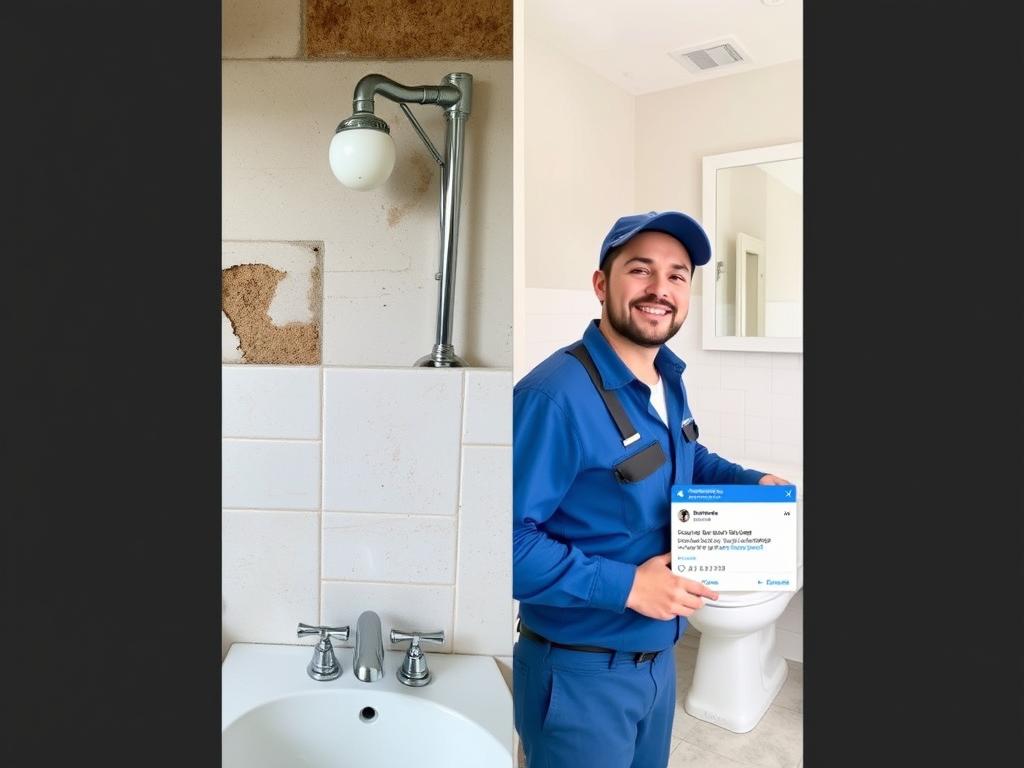
DIY SEO Audit: Checklist for Plumbing Websites
Want to assess your current SEO status? Use this checklist to identify areas for improvement on your plumbing website.

1. Google Business Profile Audit
- Is your GBP claimed and verified?
- Is your business name, address, and phone number accurate?
- Have you selected the correct primary and secondary categories?
- Have you added all your services with descriptions?
- Do you have at least 10 high-quality photos?
- Are you responding to all reviews?
- Are you posting updates at least monthly?
2. On-Page SEO Audit
- Does each service page have a unique, keyword-rich title tag?
- Do all pages have meta descriptions with calls-to-action?
- Is your content comprehensive and helpful (800+ words per service page)?
- Do you use proper heading structure (H1, H2, H3)?
- Are images optimized with descriptive filenames and alt text?
- Do you have internal links between related service pages?
- Is your NAP information consistent across all pages?
3. Technical SEO Audit
- Does your website load in under 3 seconds?
- Is your website mobile-friendly?
- Do you have an SSL certificate (https)?
- Have you implemented schema markup?
- Is your XML sitemap up to date and submitted to Google?
- Are there any broken links or 404 errors?
- Is your robots.txt file properly configured?
4. Local SEO Audit
- Is your NAP consistent across all online directories?
- Are you listed on the top industry and local directories?
- Do you have location-specific content on your website?
- Are you targeting location-specific keywords?
- Do you have a process for generating customer reviews?
- Is your service area clearly defined on your website?
5. Content Audit
- Do you have a blog with regular updates?
- Are you creating content that answers common customer questions?
- Do you have before/after photos of your work?
- Is your content free of spelling and grammatical errors?
- Do you have testimonials or case studies from satisfied customers?
- Is your content unique (not copied from other websites)?
Free Tool: Google Search Console
Monitor your website’s performance in Google search results, identify issues, and see which keywords are driving traffic at search.google.com/search-console
5 Free SEO Tools Every Plumber Should Use
Google Business Profile
Essential for local visibility, this free tool lets you manage how your plumbing business appears on Google Search and Maps.
Key Features: Business information management, customer reviews, posts, insights, messaging
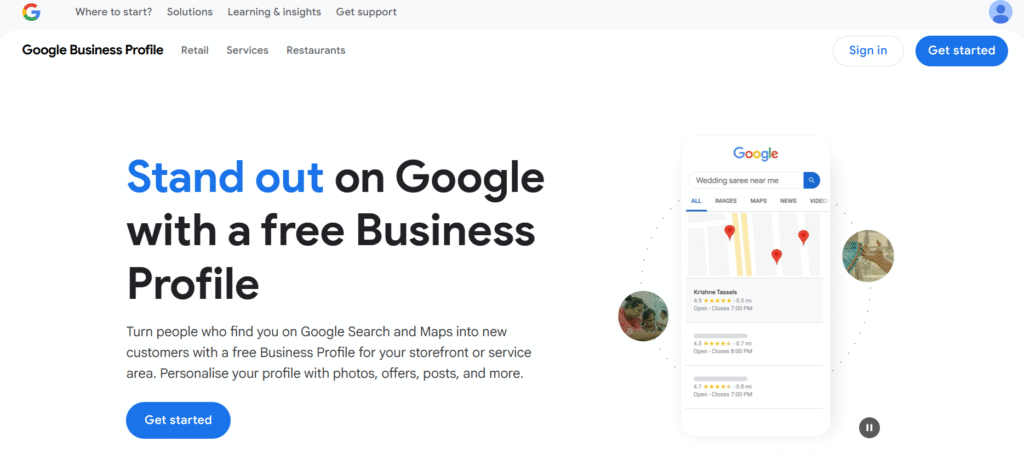
Google Search Console
Monitor and troubleshoot your website’s presence in Google Search results to maximize organic traffic.
Key Features: Performance tracking, indexing status, mobile usability, core web vitals
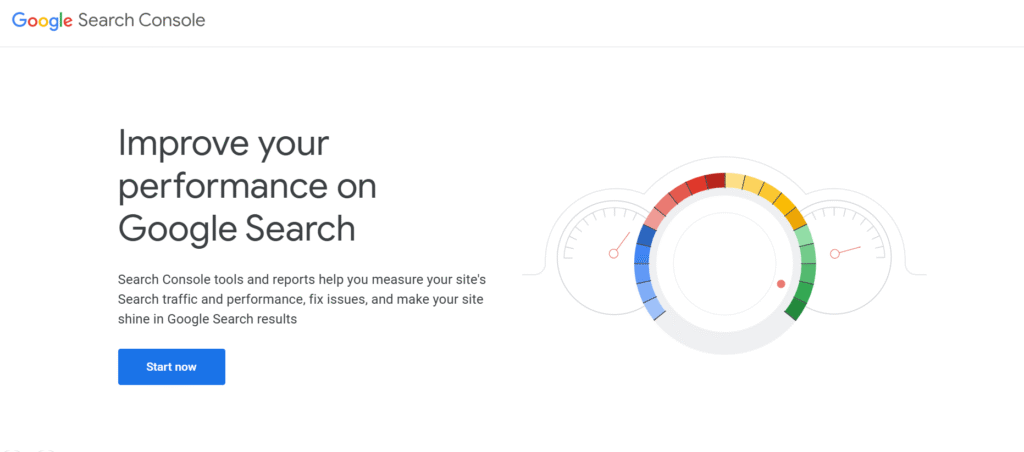
Google Analytics
Track website visitors, understand user behavior, and measure the effectiveness of your SEO efforts.
Key Features: Traffic analysis, user demographics, conversion tracking, behavior flow
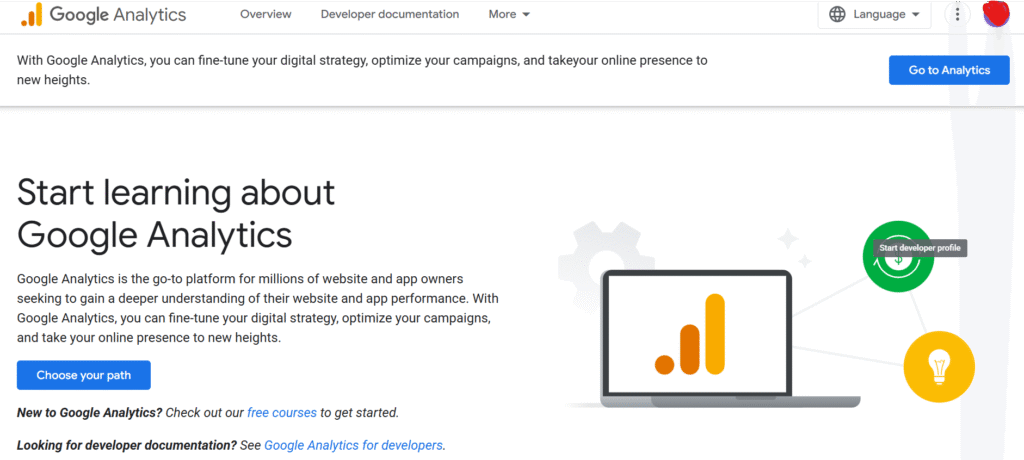
Ubersuggest
Neil Patel’s tool offers limited free searches for keyword research, competitor analysis, and content ideas.
Key Features: Keyword suggestions, content ideas, backlink data, site audit
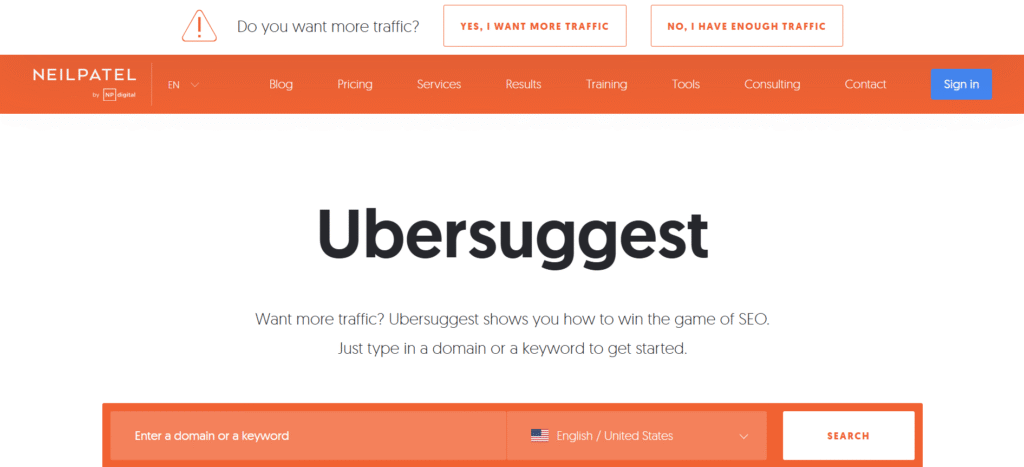
PageSpeed Insights
Test your website’s loading speed and get specific recommendations for improvement.
Key Features: Mobile and desktop speed analysis, core web vitals, optimization suggestions
Whitespark Local Citation Finder
Find citation opportunities and track where your competitors are listed to improve your local SEO.
Key Features: Citation opportunities, competitor citation analysis, local ranking factors
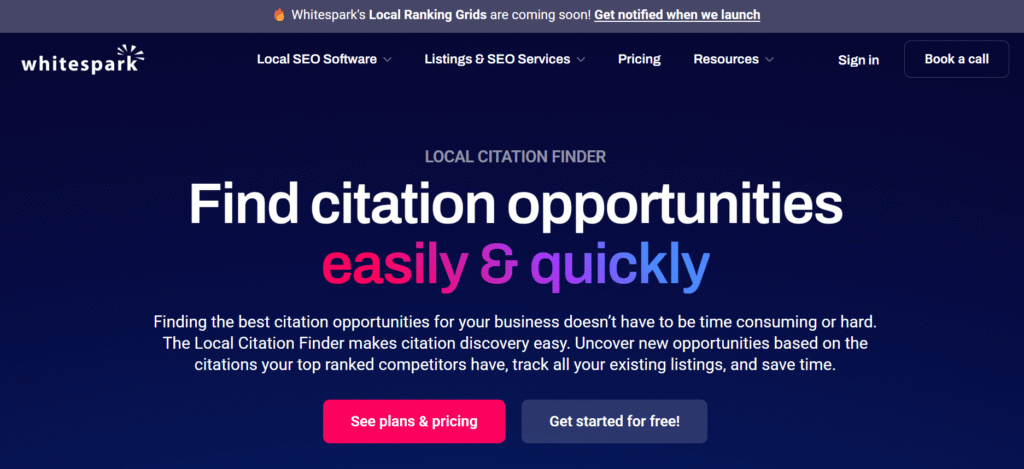
Start Dominating Local Search Results Today
Implementing effective SEO for your plumbing business isn’t just about technical optimizations—it’s about connecting with customers when they need you most. By following the strategies outlined in this guide, you can improve your visibility in local search results and start booking more high-quality jobs.
Remember that SEO is a marathon, not a sprint. Consistent effort over time will yield the best results. Start with the fundamentals—optimizing your Google Business Profile, creating service-specific pages, and building a review generation system—then expand your efforts as you see results.
